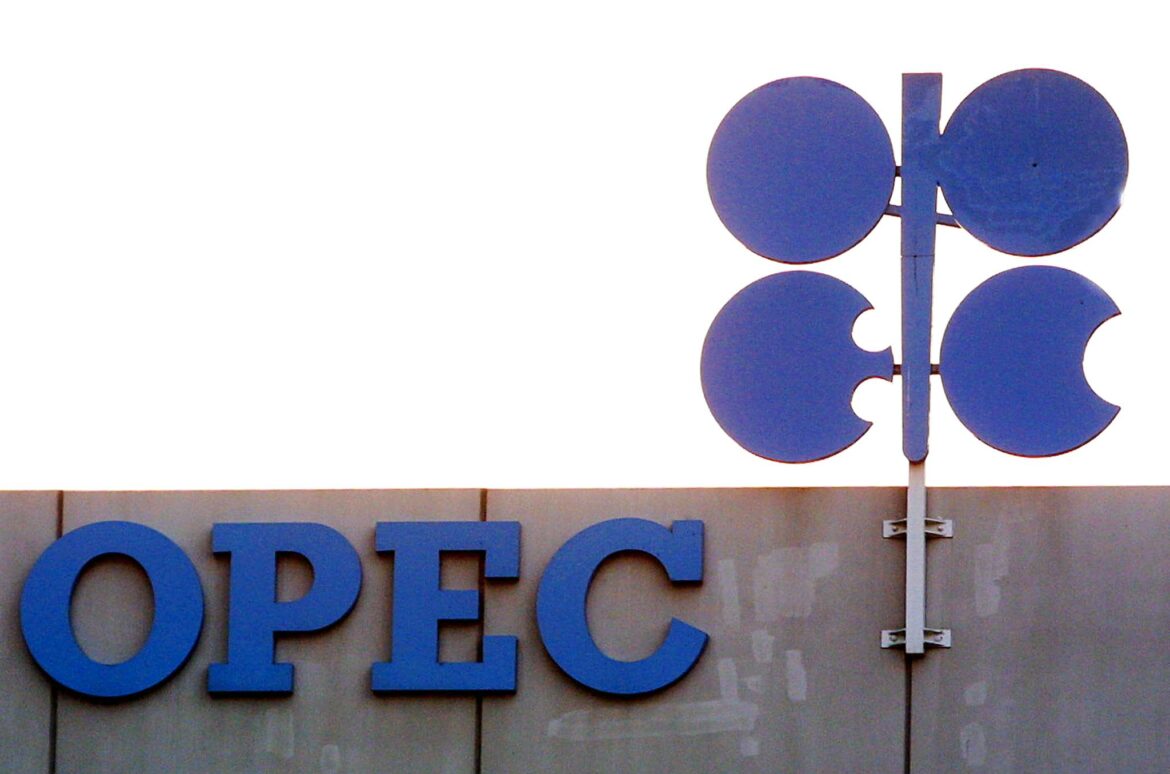In a strategic move that could have significant implications for the global oil market, the Organization of the Petroleum Exporting Countries (OPEC) announced plans to gradually unwind its production cuts. The decision, made during the cartel’s latest meeting in Vienna, signals a cautious approach to increasing oil supply amid ongoing concerns about market stability and economic recovery.
OPEC, along with its allies in the OPEC+ coalition, has been implementing production cuts since 2020 to counteract the severe drop in oil prices caused by the COVID-19 pandemic. These measures, initially aimed at stabilizing the market, have been credited with helping to rebalance supply and demand, leading to a gradual recovery in oil prices. However, with global economies rebounding and demand for oil rising, OPEC+ members have deemed it appropriate to begin easing these restrictions.
“After careful consideration and analysis of the current market conditions, we have agreed to a phased approach in increasing oil production,” said Prince Abdulaziz bin Salman, Saudi Arabia’s Minister of Energy and key figure in OPEC. “Our goal is to ensure a stable and balanced market that supports both producers and consumers.”
The unwinding process will commence in July, with an initial modest increase in production. The plan outlines incremental monthly hikes, allowing OPEC+ to monitor market reactions and adjust accordingly. This approach aims to prevent any sudden supply glut that could destabilize prices, while gradually meeting the rising global demand.
Despite the positive outlook from OPEC, some analysts remain cautious about the potential risks. “While the phased increase is a prudent step, the oil market remains vulnerable to various factors, including geopolitical tensions and the pace of economic recovery,” noted Alexei Kudrin, a senior energy analyst. “OPEC will need to remain agile and responsive to any sudden changes in the market dynamics.”
The decision has also elicited a mixed response from oil-importing nations. Countries heavily reliant on oil imports have expressed concerns about potential price increases as supply constraints ease. On the other hand, oil-producing countries outside the OPEC+ alliance may see an opportunity to increase their own production to capitalize on the rising demand.
Additionally, the gradual increase in production could have broader implications for the global energy transition. Environmental advocates worry that the boost in oil supply might undermine efforts to reduce fossil fuel dependence and combat climate change. “This move by OPEC+ highlights the ongoing tension between energy security and environmental sustainability,” said Dr. Lina Mercado, a climate policy expert. “It’s crucial that the transition to renewable energy continues to be prioritized even as we address short-term market needs.”
OPEC’s decision will be closely monitored by financial markets, with oil prices expected to react to any signs of imbalance between supply and demand. The next few months will be critical in determining whether this strategy will successfully navigate the complexities of the global oil market.
As OPEC+ embarks on this gradual unwinding of production cuts, the organization’s ability to balance diverse interests and respond to market shifts will be tested. The phased approach aims to maintain stability while adapting to the evolving economic landscape, reflecting OPEC’s role in shaping the future of the global energy market.
